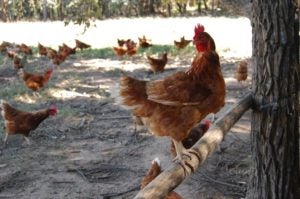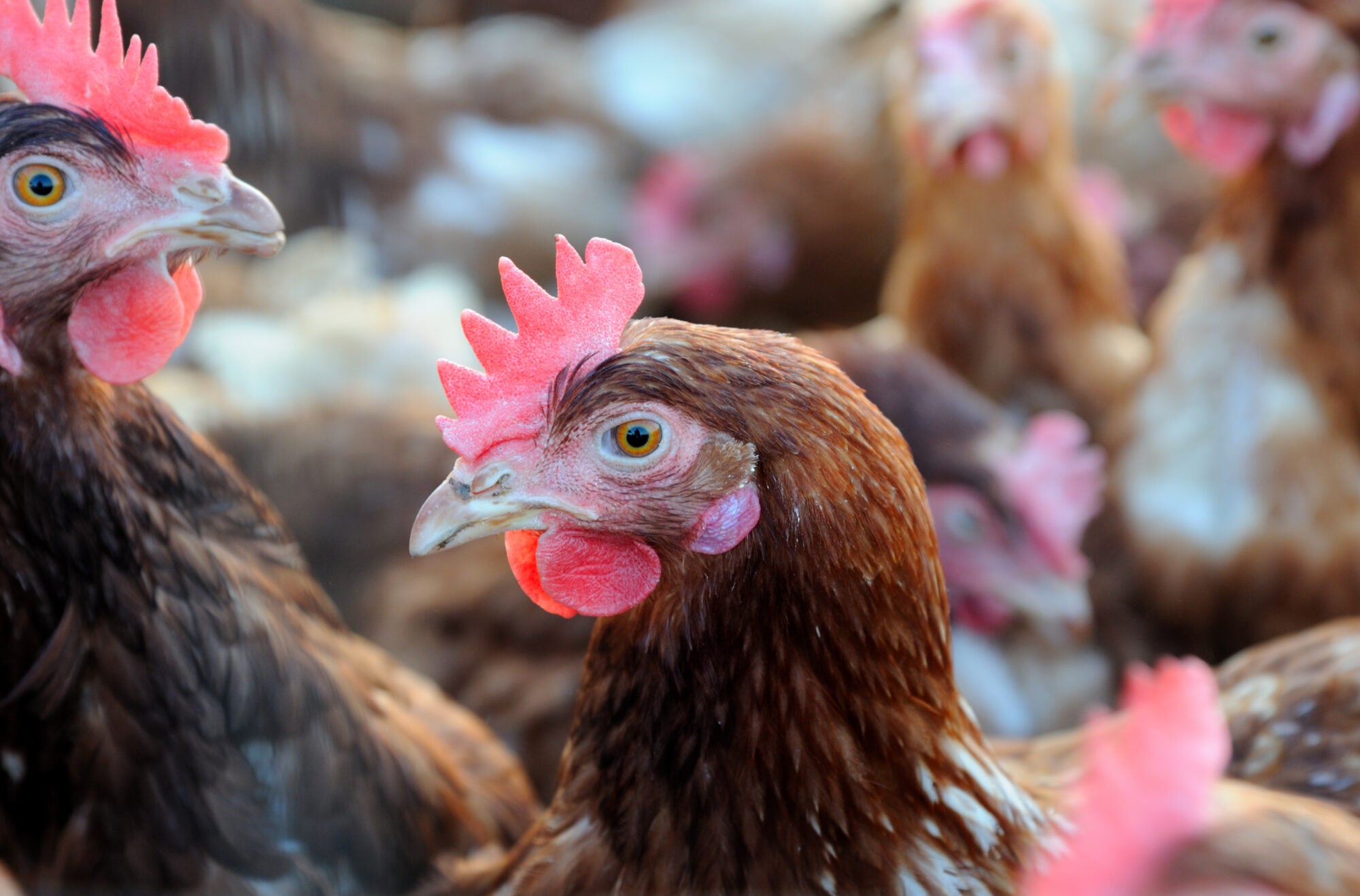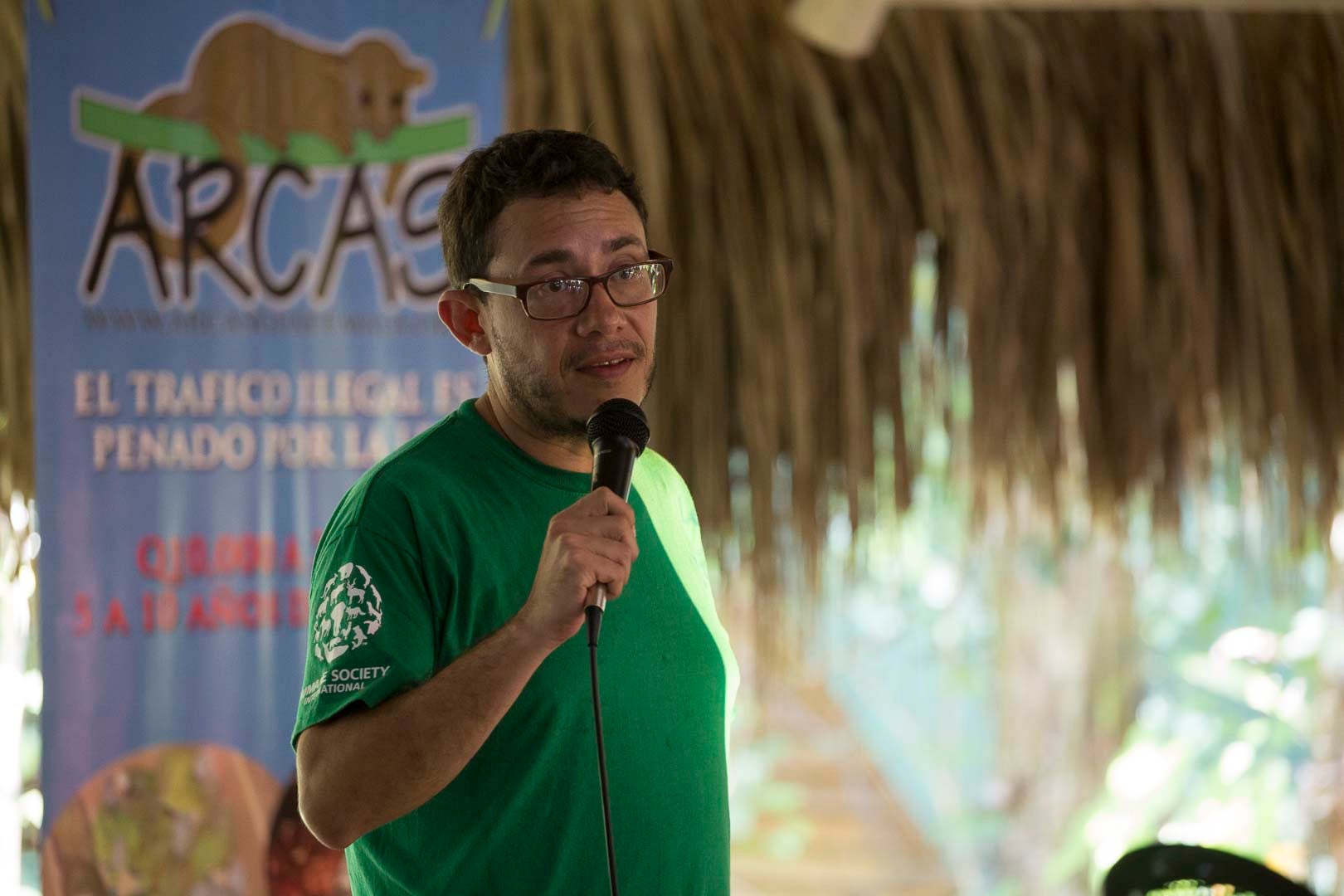
*Editor’s note: This page was updated to reflect actual attendees of the event.
MALAYSIA—Over the weekend, international and local business leaders, egg producers, advocates, students and professors, veterinarians, government representatives and many others gathered at the Grand Hyatt hotel in Kuala Lumpur to explore a new opportunity facing egg producers in Malaysia: cage-free egg production.
This landmark event, hosted by Humane Society International, comes at the beginning of a wave of cage-free egg production in Malaysia and beyond as producers across the globe prepare to meet the shifting market and rising customer demand for higher welfare eggs.
Worldwide, most hens kept for egg production are confined to small, wire cages with so little space they cannot even stretch their wings. Hens have scientifically documented behavioral needs. They require a nest for egg laying, loose litter for pecking and scratching and a perch for roosting at night. In contrast to cages, hens raised in a cage-free environment have space to move, to stretch their wings and to exhibit this important natural behavior.
Recent surveys show that 84% of Malaysians agree that the welfare of farmed animals is important and most prefer to purchase cage-free eggs. Because of these consumer expectations, major food companies, the hospitality industry and grocers in Southeast Asia are seeking sources of cage-free eggs. As a major egg producer in the region, Malaysia is certainly poised to be a leader in supplying the growing consumer demand for products from higher welfare farming systems.
At the event, scientists and veterinarians from Humane Society International and Wageningen University in the Netherlands gave research-based information on cage-free egg production. Both local and international corporations with cage-free pledges, including Old Town White Coffee and Farm Café described their commitments to social responsibility and animal welfare. Successful cage-free egg producers shared their stories and their reasons for transitioning from cages to cage-free.
Humane Society International’s senior adviser of policy and engagement for the farm animal welfare department, Dr. Saravanakumar Supramaniam Pillai, stated, “Providing adequate room is a basic tenant of farm animal care and housing. Humane Society International is eager to assist egg producers who wish to embrace more scientifically advanced, socially accepted, and higher welfare methods of production. This event demonstrated that the future is without a doubt cage-free.”
Stefanie Yan, owner of Permagreen farms, agreed, adding: “Cage-free egg production is the right choice for our business. Hens can be raised without intensive confinement systems. Our customers demand it, and we are proud to supply them.”
Acting on principles of corporate social responsibility, many recognizable brands have made public facing pledges to go cage-free. Some of them have deadlines as soon as 2025. The hospitality industry is leading the way, as hotels and resorts welcome discerning international guests from areas of the world where cage-free eggs have already taken hold. They need the help of Malaysia’s egg producers to fulfill their promises, and the event served to further the necessary connections. It also provided technical information to egg producers for managing cage-free flocks, as well as case studies from successful producers already producing eggs without cages. Cage-free production requires a greater level of husbandry skill, so the audience received advice and guidance from egg producers in Taiwan and Mexico who have already made the switch. This landmark event marks the beginning of the wave of cage-free production that will inevitably reach Malaysia.
ENDS
Media contact: Madeline Bove: 213-248-1548; mbove@humanesociety.org



